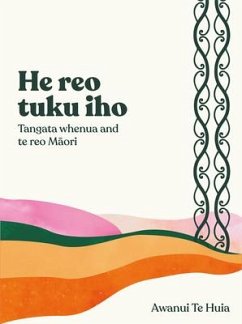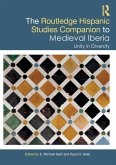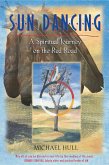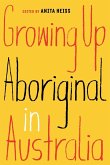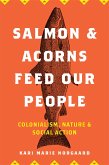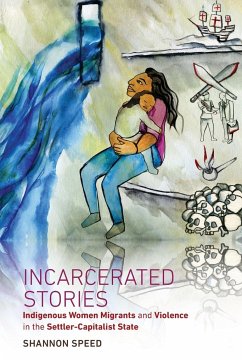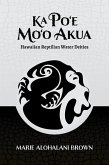Reclaiming a language is a slow-burning process, both deeply personal and intricately connected to the socio-economic, historical and political conditions in which we live. In He reo tuku iho: Tangata whenua and te reo Måaori, Awanui Te Huia focuses on the lived experiences of tangata whenua and explores ways in which they can reclaim te reo. Drawing upon findings from the national research project Manawa u ki te reo Måaori, which surveyed motivations and barriers for Måaori language acquisition and use, Te Huia encourages readers to explore how they can journey back towards te reo Måaori in daily life. We hear from tangata whenua learning te reo, and from those who are fluent, while considering challenges to language reclamation - such as experiences with racism, whakama, historical trauma and resourcing - and ways to overcome these. At the heart of He reo tuku iho is the knowledge that it is possible for Måaori to return te reo to minds, hearts and mouths.
Bitte wählen Sie Ihr Anliegen aus.
Rechnungen
Retourenschein anfordern
Bestellstatus
Storno

